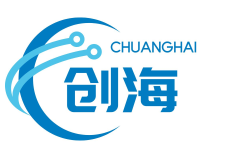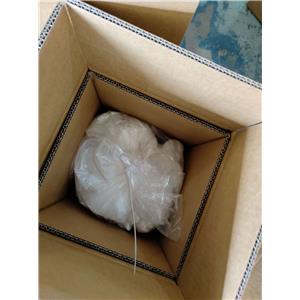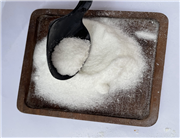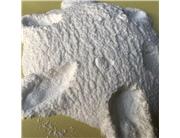Ticlopidine hydrochloride is an adenosine diphosphate (ADP) receptor inhibitor against platelet aggregation with IC50 of ~2 μM. Target: Adenosine diphosphate (ADP) Ticlopidine (trade name Ticlid) is an antiplatelet drug in the thienopyridine family. Ticlopidine hydrochloride inhibits platelet aggregation with IC50 of ~2 μM in men. Like clopidogrel, it is an adenosine diphosphate (ADP) receptor inhibitor. It is used in patients in whom aspirin is not tolerated, or in whom dual antiplatelet therapy is desirable. Because it has been reported to increase the risk of thrombotic thrombocytopenic purpura (TTP) and neutropenia, its use has largely been supplanted by the newer drug, clopidogrel, which is felt to have a much lower hematologic risk. Its niche role as an alternative in those patients who do not tolerate Clopidogrel has now been superdeded by Ticagrelor and Prasugrel. The usual dose is 250 mg twice daily by the oral route. Ticlopidine hydrochloride, when orally administered to rats, results in activation of basal and prostaglandin E1 (PGE1)-stimulated adenylate cylase activity through increase in affinity of the cyclase in platelet membrane to PGE1, although it failed to affect adenosine- or sodium fluoride-stimulated activity of the enzyme.

 China
China



